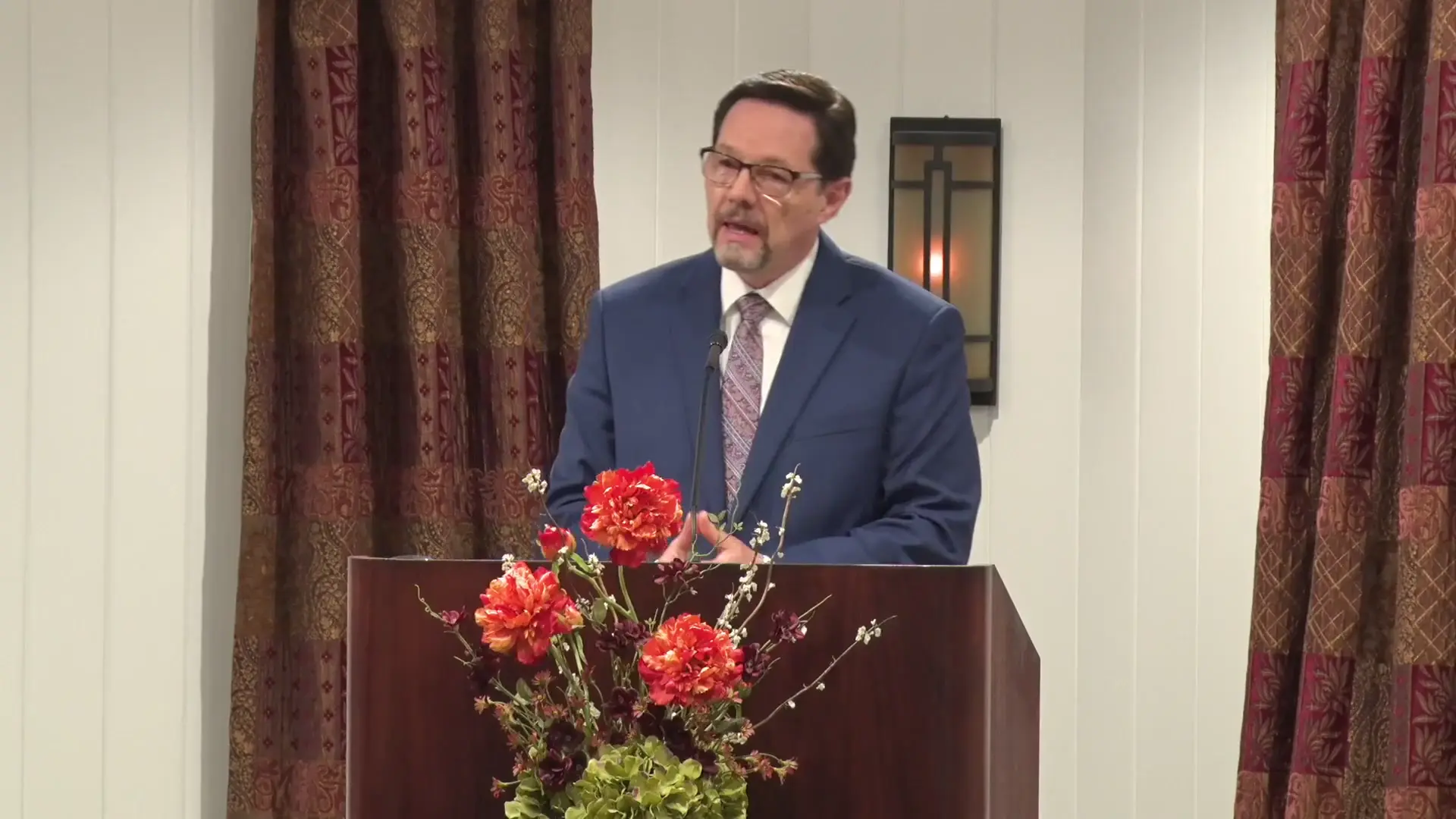Filter by Categories

When Will God Answer?
Sermon by Martin G. CollinsGod does not delay because of indifference, but wants to provide maximum opportunity for repenting, overcoming, and building character.

Anointing With Oil
Sermon by Ted E. BowlingBeing anointed is no guarantee of healing unless it is part of God's will. Sometimes a thorn in the flesh may produce some undeveloped character.
Trials: Much Needed Experiences
Sermon by John O. ReidGod uses trials to test our hearts, but He never places a trial before us to tempt us. God uses trials we bring on ourselves to draw us closer to Him.

Why Does God Allow Us to Be Afflicted?
Sermon by Martin G. CollinsIn God's hands, trials and afflictions are tools to produce refined character and joy, and to move us away from worldly choices and back to His purpose.
Without Me, You Can Do Nothing (Part Two)
CGG Weekly by David C. GrabbeProducing fruit is not simply a matter of having Jesus Christ or being forgiven. He says we will not produce anything unless we go on growing in Him.
Contentment
Sermon by John O. ReidMany people live in a state of discontent. Tragically, what they set their hearts upon often displaces the love for family and a relationship with God.
Unanswered Prayer
Sermonette by James BeaubelleEven though we often must wait for a response, God listens closely to our prayers from the heart and is looking out for our best interests.
'Follow Me'
Sermonette by Hunter D. SwansonThe death of a loved one can be one of the most transformative experiences of life because of how profoundly it reveals God's presence, comfort and purpose.
The Grand Secret!
Sermon by Martin G. CollinsGod reveals a grand secret through David: namely, that spiritual growth will come to people who set the Lord before oneself continuously.
Diligence in the Face of Trials
Sermon by Martin G. CollinsWe are in the battle of our very lives, facing the three formidable fronts of the world, Satan, and our own flesh. We must be strong in the Lord.
Ecclesiastes Resumed (Part Nineteen)
Sermon by John W. Ritenbaugh (1932-2023)Ecclesiastes 7 contains a series of 'this is better than that' observations. Wisdom seems to carry more sadness and sorrow than mirth or foolishness.
Where Is God Working?
CGG Weekly by David C. GrabbeAre numeric growth or miraculous signs sure indicators of God's presence? Before trying to determine where God is working, we must understand what God is doing.
The Sovereignty of God (Part Nine)
Sermon by John W. RitenbaughPrayer is not a dictating to a reluctant God, but a demonstration of our attitude of dependence and need. It is a means to get into harmony with God's will.
Do We See Ourselves As God Sees Us?
Sermon by John W. Ritenbaugh (1932-2023)Praying without gratitude is like clipping the wings of prayer. Thankfulness is not natural to carnal human nature which loves to grovel as a timid worrywart.

Self-Examination, Not Self-Preoccupation
Sermon by Martin G. CollinsThere is a critical difference between self-examination and self-preoccupation. We must accurately assess our spiritual state without becoming self-absorbed.
Maintaining Good Health (Part 1)
Sermon by John W. RitenbaughStewardship of our bodies is (like the Levitical maintenance of the temple) an aspect of holiness, strengthening our relationship with Jesus Christ.
The Greatness of God's Power
Sermon by Martin G. CollinsPaul emphasized the power of God living in us through the Holy Spirit to enable us to develop into His family. Through God's power, we will triumph over death.
Prayer Does Make a Difference
Sermon by Martin G. CollinsGod does not hear a prayer of pride, selfishness, and self exaltation, but He listens to prayers of supplication and intercession for the saints.
Countering Presumptuousness
Sermon by Richard T. RitenbaughKorah, Dathan, and Abiram were not content with where God had placed them, but, in a spirit of pride, wanted to arrogate to themselves the office of Moses.
Lamentations (Part Six; 1989)
Sermon/Bible Study by John W. RitenbaughLamentations 3 looks at the horrible affliction of the people and sees good coming from tribulation because it has been God's tool of correction.